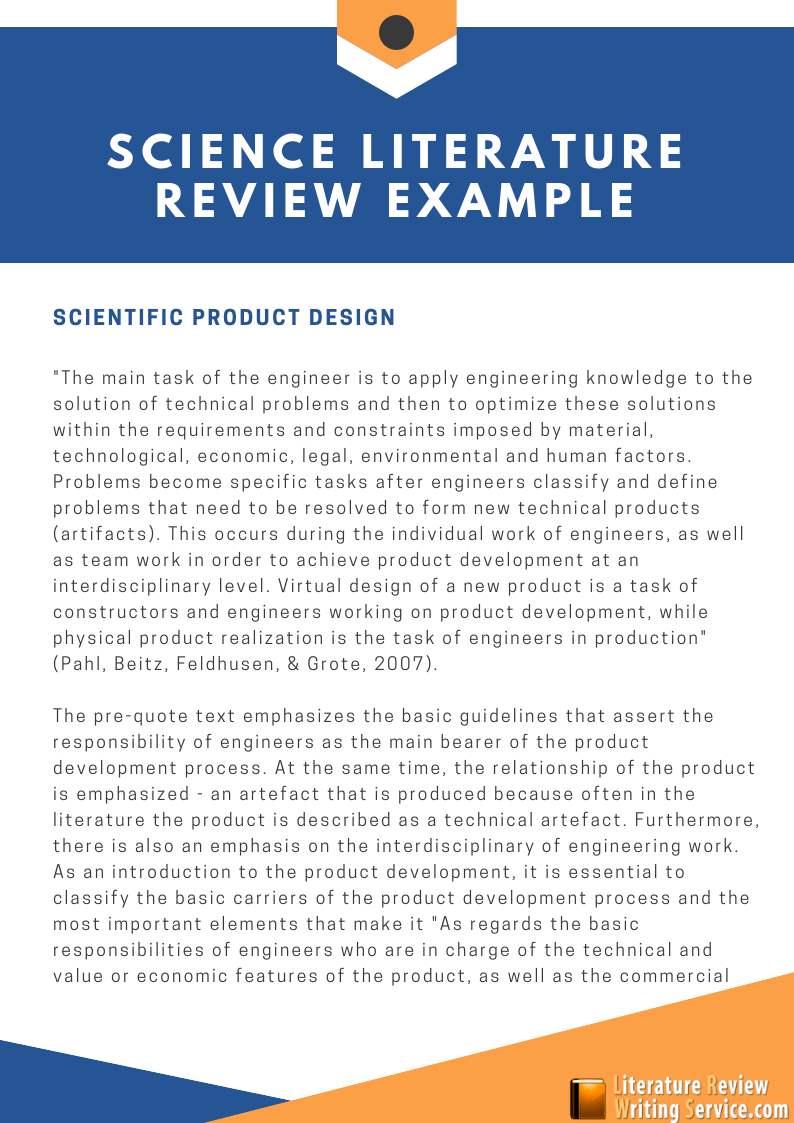Literature Review Example

The concept of sustainability has become a cornerstone of modern business strategy, with companies increasingly recognizing the importance of environmental, social, and governance (ESG) factors in driving long-term success. As noted by Porter and Kramer (2006), the traditional view of business as solely focused on profit maximization is no longer tenable, and companies must instead adopt a more nuanced approach that balances financial returns with social and environmental responsibility. This shift in perspective is reflected in the growing body of literature on sustainability, which encompasses a wide range of topics, from climate change and renewable energy to corporate social responsibility and sustainable supply chain management.
One of the key challenges in implementing sustainable business practices is the need to balance competing priorities and stakeholder interests. As argued by Freeman (1984), companies must navigate a complex web of relationships with various stakeholders, including shareholders, employees, customers, and the wider community, each with their own distinct needs and expectations. This requires a deep understanding of the interdependencies between different stakeholders and the development of strategies that can reconcile competing demands and create shared value. According to a study by Eccles et al. (2014), companies that adopt a stakeholder-centric approach to sustainability are more likely to achieve long-term financial success and create positive social and environmental impacts.
Evolution of Sustainability Concept

The concept of sustainability has undergone significant evolution over the past few decades, with shifting definitions and interpretations reflecting changing societal values and priorities. As noted by the World Commission on Environment and Development (1987), sustainability initially focused on environmental protection and conservation, with a primary emphasis on preserving natural resources for future generations. However, this narrow focus has since expanded to encompass a broader range of social and economic considerations, including human rights, labor standards, and community development. A study by Montiel (2008) highlights the importance of integrating sustainability into core business operations, rather than treating it as a peripheral concern or add-on.
Sustainability Reporting and Disclosure
As companies increasingly prioritize sustainability, there is a growing need for effective reporting and disclosure mechanisms to communicate progress and performance to stakeholders. According to a study by Clarkson et al. (2008), sustainability reporting can play a critical role in enhancing transparency and accountability, while also providing a framework for companies to assess and improve their sustainability performance. The Global Reporting Initiative (GRI) has emerged as a leading standard for sustainability reporting, providing a comprehensive framework for companies to disclose their ESG performance and progress towards sustainability goals. A review of GRI reports by Fernandez-Feijoo et al. (2014) highlights the importance of ensuring the quality and credibility of sustainability reporting, to maintain stakeholder trust and confidence.
| Category | Descriptor | Example |
|---|---|---|
| Environmental | Climate change mitigation | Renewable energy investments |
| Social | Human rights protection | Supply chain audits and compliance |
| Governance | Board diversity and composition | Independent director appointments |

Key Points
- Companies must balance competing priorities and stakeholder interests to achieve sustainability
- Sustainability reporting and disclosure are critical for transparency and accountability
- Integrating sustainability into core business operations is essential for long-term success
- Stakeholder-centric approaches to sustainability can create shared value and drive financial returns
- Effective sustainability strategies require a deep understanding of interdependencies between different stakeholders
Implementing Sustainability in Business Practice

The implementation of sustainability in business practice requires a comprehensive approach, encompassing various aspects of operations, from supply chain management to product development and marketing. According to a study by KPMG (2017), companies that adopt a holistic approach to sustainability, integrating ESG considerations into core business decision-making, are more likely to achieve long-term financial success and create positive social and environmental impacts. This requires the development of effective metrics and performance indicators, to assess progress and identify areas for improvement. A review of sustainability metrics by Epstein and Buhovac (2014) highlights the importance of ensuring that metrics are relevant, reliable, and aligned with business objectives.
Challenges and Limitations
Despite the growing recognition of the importance of sustainability, companies still face numerous challenges and limitations in implementing sustainable business practices. As noted by Bansal (2005), one of the key barriers is the lack of standardization and consistency in sustainability reporting and disclosure, which can make it difficult for stakeholders to compare and assess company performance. Additionally, the integration of sustainability into core business operations often requires significant investments in new technologies, processes, and training, which can be a major obstacle for small and medium-sized enterprises (SMEs). A study by Schaltegger and Wagner (2011) highlights the importance of providing support and resources for SMEs, to help them overcome these challenges and achieve sustainability goals.
What are the key benefits of adopting a stakeholder-centric approach to sustainability?
+The key benefits of adopting a stakeholder-centric approach to sustainability include creating shared value, driving long-term financial success, and enhancing reputation and trust among stakeholders.
How can companies ensure the quality and credibility of their sustainability reporting?
+Companies can ensure the quality and credibility of their sustainability reporting by using established frameworks and standards, such as the Global Reporting Initiative (GRI), and providing transparent and consistent disclosure of their ESG performance and progress towards sustainability goals.
What role can SMEs play in promoting sustainability and creating a more sustainable future?
+SMEs can play a critical role in promoting sustainability by adopting sustainable business practices, reducing their environmental footprint, and creating innovative products and services that address social and environmental challenges.
In conclusion, the concept of sustainability has evolved significantly over the past few decades, and companies must adopt a comprehensive approach to integrate sustainability into their core business strategy. This requires a deep understanding of the interdependencies between different stakeholders, the development of effective metrics and performance indicators, and the adoption of a stakeholder-centric approach to create shared value and drive long-term financial success. By prioritizing sustainability and creating a more sustainable future, companies can contribute to the well-being of society and the environment, while also achieving lasting success and prosperity.



